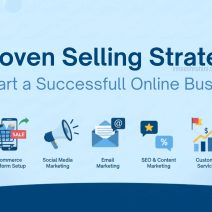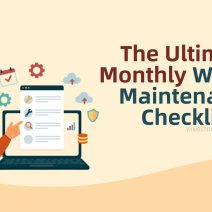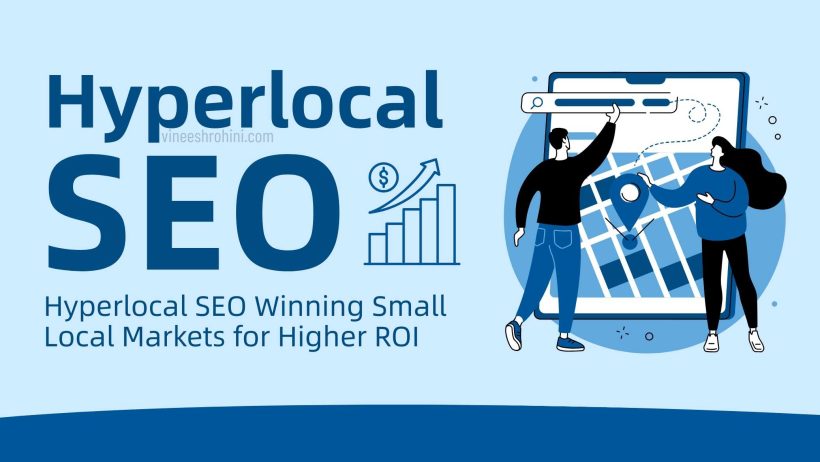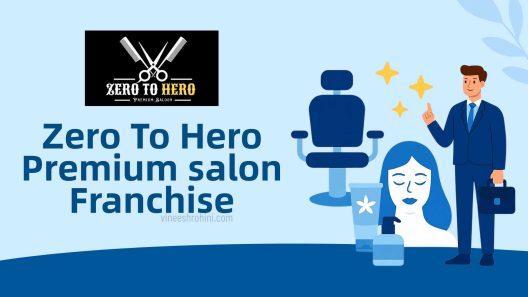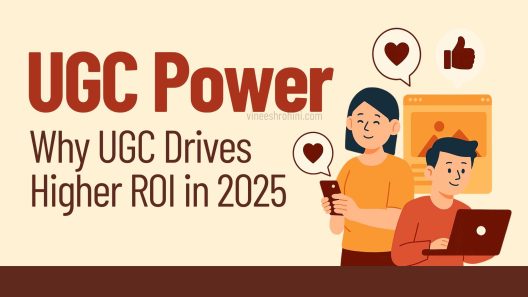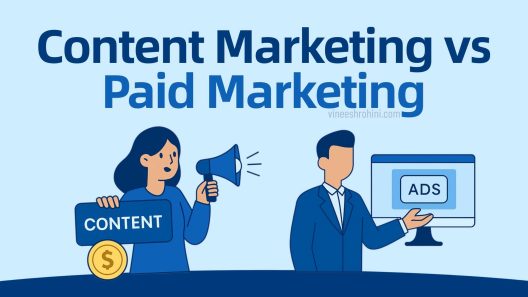Hyperlocal SEO : The landscape of digital marketing has changed dramatically over the past decade, and in 2025, businesses are realizing that broad and generalized SEO strategies are no longer enough to capture consumer attention. Consumers are searching with precision—looking not just for “restaurants near me,” but “24/7 vegan restaurants in Kochi” or “best pediatric dentist in Bandra with reviews.” This growing demand for ultra-specific results has given rise to hyperlocal SEO. Unlike traditional SEO, which focuses on broader keywords and general market audiences, hyperlocal SEO narrows its scope to very specific locations, micro-communities, and neighborhoods.
Table of Contents
For small businesses, startups, and even established enterprises that want to dominate a particular local market, hyperlocal SEO offers a path to stronger visibility, better engagement, and ultimately higher ROI.
In 2025, where consumer expectations are driven by instant gratification and personalization, hyperlocal SEO is no longer a marketing choice—it is a necessity. Businesses that invest in hyperlocal optimization are securing customers directly at the decision-making stage of their purchase journey, thereby reducing competition, maximizing conversion rates, and boosting ROI at scale.
What is Hyperlocal SEO?
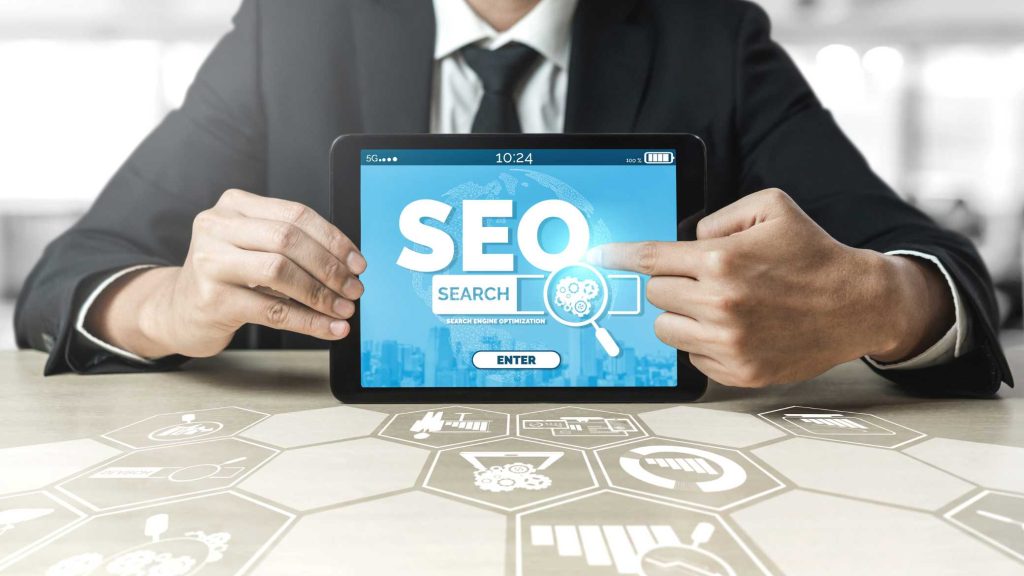
It refers to optimization strategies designed to target very small, specific geographic locations such as neighborhoods, streets, or even a single block. Unlike conventional SEO, which might optimize for “plumbers in Delhi,” hyperlocal SEO would focus on “emergency plumber in Saket, South Delhi” or “24/7 plumbing services near Hauz Khas.”
This micro-targeting approach is highly effective because:
- Search intent is much more refined.
- Competition narrows drastically.
- Customers searching at hyperlocal levels often have higher purchase intent.
Why Hyperlocal SEO Drives Higher ROI in 2025
1. Rise of Voice Search and Local Queries
Voice search has exploded in popularity, with consumers increasingly using assistants like Siri, Alexa, and G Assistant for local recommendations. Queries such as “best coffee shop near me open now” are hyperlocal in nature. Businesses that optimize for such queries can capture high-intent customers instantly.
2. Mobile-First Search Behavior
In 2025, over 80% of local searches happen on mobile devices. Hyperlocal SEO ensures businesses appear in “near me” searches, map results, and local business listings. Since these users are often on-the-go, their likelihood of converting is significantly higher.
3. Micro-Market Personalization
Consumers are no longer satisfied with generic brand experiences. They expect businesses to understand their local culture, community, and needs. It helps brands align their messaging with micro-markets, creating deeper connections and loyalty that drive ROI.
4. Reduced Advertising Costs
Traditional ads often cast a wide net, reaching audiences outside your relevant market. It focuses only on nearby customers, reducing wasted ad spend. The result is a leaner, more efficient marketing budget with higher ROI.
Also Read : SEO for Online Business in 2025 : How to Get Customers Organically : A Comprehensive Guide
5. Integration with Local Reviews and UGC
Hyperlocal SEO thrives on customer reviews, testimonials, and user-generated content. In small local markets, positive word-of-mouth and reviews can significantly increase foot traffic and online sales. This direct link between local credibility and conversions amplifies ROI.
Key Elements of Hyperlocal SEO
To succeed in hyperlocal SEO, businesses must focus on several critical elements:
1. G Business Profile (GBP) Optimization
Your G Business Profile is the foundation of hyperlocal SEO. Ensure it has:
- Accurate NAP (Name, Address, Phone) details.
- Updated working hours, especially for holidays.
- High-quality images and videos of your business.
- Customer reviews with consistent responses.
- Regular updates, posts, and offers.
2. Local Keywords and Long-Tail Optimization
Instead of generic keywords, hyperlocal SEO requires precise geo-modified keywords. Examples include:
- “Bakery in Rajajinagar Bangalore”
- “Affordable yoga classes near JP Nagar”
- “24/7 pharmacy near MG Road”
Long-tail keywords combined with location modifiers ensure you attract the right audience.
3. Location Pages and Localized Content
Businesses operating in multiple neighborhoods should create dedicated landing pages optimized for each location. For example:
- yourbusiness.com/pizza-indiranagar
- yourbusiness.com/pizza-koramangala
Publishing hyperlocal blogs like “Top 5 Spots to Enjoy Pizza in Indiranagar” also strengthens SEO relevance.
4. Online Directories and Citations
Consistency across directories like JustDial, Sulekha, Yelp, and MapMyIndia matters. Inconsistent phone numbers or addresses harm trust signals. Citations also improve local authority.
5. Reviews and Reputation Management
Online reviews are digital word-of-mouth. Encourage satisfied customers to leave G reviews, respond promptly to complaints, and showcase positive testimonials.
6. Mobile-First & Voice Search Optimization
Ensure your website is mobile-friendly, loads quickly, and uses schema markup for FAQs and location details. For voice search, optimize with conversational keywords like “Where can I get fresh flowers near Malleshwaram?”
7. Local Backlinks
Build backlinks from local blogs, newspapers, community websites, and collaborations with nearby businesses. For example, a café could partner with a co-working space for a joint promotional blog.
8. Hyperlocal Paid Ads
G Ads and Meta Ads allow businesses to target pinpoint locations. Running hyperlocal ads ensures your promotions reach people within a 2-3 km radius.
Key Strategies for Hyperlocal SEO Success in 2025

Optimize G Business Profile (GBP)
In 2025, G Business Profile (previously G My Business) remains the backbone of hyperlocal SEO. A well-optimized GBP with accurate business details, high-quality images, reviews, and real-time updates ensures your business appears in local map packs and “near me” searches.
Hyperlocal Keyword Targeting
Brands must move beyond generic keywords to adopt micro-specific search terms. Tools powered by AI now help identify trending neighborhood-level keywords. For instance, instead of targeting “bakery in Bangalore,” businesses can focus on “best eggless bakery near Indiranagar.”
Local Content Marketing
Creating locally relevant content boosts visibility. Blogs about neighborhood events, local guides, or stories highlighting your community involvement not only improve SEO rankings but also build emotional connections with your audience.
Voice Search Optimization
Since most hyperlocal searches are voice-based, businesses must optimize for conversational queries. Adding long-tail phrases like “Where can I find…” or “best option for…” ensures higher discoverability.
Review Management and Reputation Building
In hyperlocal markets, reviews hold tremendous influence. Encouraging satisfied customers to leave reviews, addressing complaints promptly, and showcasing positive feedback are crucial for long-term ROI.
Geo-Targeted Paid Campaigns
While hyperlocal SEO is largely organic, businesses can amplify their reach with geo-targeted ads. By limiting paid campaigns to a few kilometers around their business location, companies achieve higher relevance at lower costs.
Buy Now : Ecommerce Website
Integration with Hyperlocal Directories and Apps
Local directories, delivery apps, and neighborhood-focused platforms are key in 2025. Whether it’s food delivery services, salon booking apps, or real estate portals, businesses must ensure their presence on hyperlocal platforms for maximum visibility.
AI-Driven Personalization
Artificial intelligence enables businesses to personalize offers for micro-markets. For example, a grocery store can promote discounts on regional festival products only to nearby customers, maximizing engagement and sales.
Case Studies: Success Stories in 2025
- Local Restaurants: A family-owned vegan café in Chennai saw a 300% increase in foot traffic by optimizing for “vegan café near Mylapore” instead of broad vegan-related keywords. Their G Business Profile reviews doubled, leading to repeat customers and higher ROI.
- Healthcare Clinics: A pediatric dental clinic in Pune increased new patient appointments by 250% after focusing on hyperlocal SEO for “best kids dentist in Baner.” Parents searching within that neighborhood found the clinic easily, resulting in direct conversions.
- Retail Stores: A fashion boutique in Jaipur leveraged Insta reels tagged with hyperlocal hashtags like #C-SchemeJaipurStyle, leading to local influencer collaborations and sales growth by 180%.
Emerging Technologies Shaping Hyperlocal SEO in 2025
- AI-Powered Local SEO Tools: Tools now predict local search patterns, enabling businesses to proactively target micro-markets.
- AR-Powered Storefronts: Augmented reality allows customers to preview store experiences before visiting. Hyperlocal SEO ensures these experiences are discoverable.
- Blockchain for Review Authentication: Fake reviews are filtered out using blockchain verification, enhancing trust in hyperlocal SEO strategies.
- Smart Wearables and Location-Based Alerts: Devices now deliver hyperlocal notifications, connecting nearby customers to businesses in real-time.
Challenges in Hyperlocal SEO and How to Overcome Them
While hyperlocal SEO offers immense benefits, it comes with challenges:
- Intense Local Competition: Many businesses compete for the same keywords. Solution: focus on niche services and micro-keywords.
- Constant Algorithm Changes: G updates can impact rankings. Solution: stay updated with SEO trends and diversify platforms.
Buy Now : Ecommerce Website
- Review Authenticity: Fake or negative reviews can hurt credibility. Solution: implement strict review monitoring and transparent communication.
- Limited Reach: Hyperlocal SEO focuses on small areas. Solution: scale gradually across multiple neighborhoods to grow sustainably.
Future of Hyperlocal SEO Beyond 2025
Looking forward, hyperlocal SEO will integrate more with smart city infrastructures, IoT-powered local searches, and AI-driven predictive targeting. Businesses that embrace hyperlocal strategies today will remain ahead of competitors tomorrow. Hyperlocal marketing will shift from being a competitive advantage to being an essential survival tool for businesses.
Conclusion
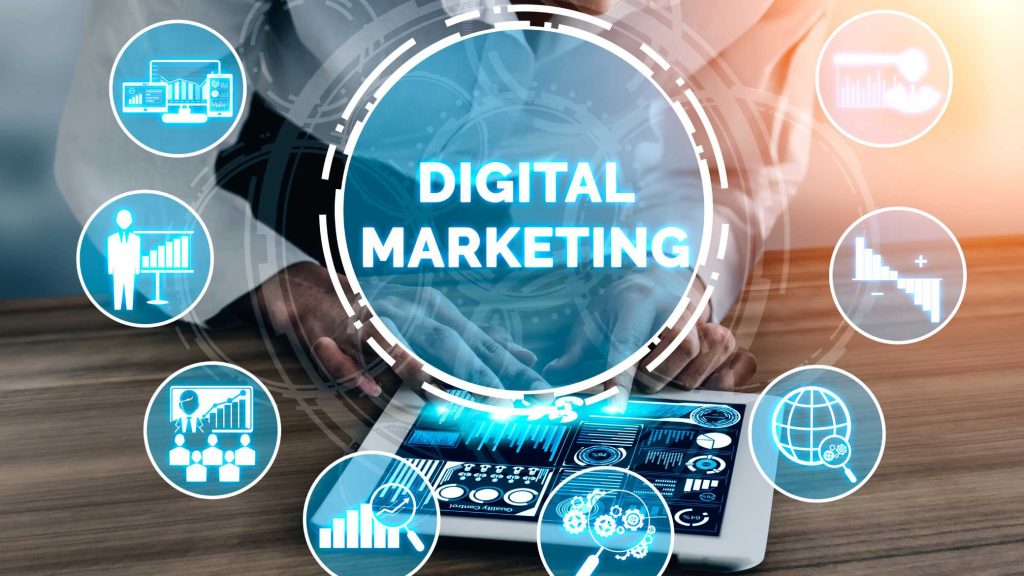
Hyperlocal SEO in 2025 is the most effective strategy for businesses aiming to dominate small local markets. It bridges the gap between consumer intent and business offerings with unmatched precision. By targeting hyper-specific locations, businesses not only capture high-intent customers but also reduce advertising costs, increase conversions, and drive long-term ROI. Whether you run a restaurant, clinic, retail shop, or service-based business, hyperlocal SEO provides the foundation for sustainable growth in a competitive digital era.
Disclaimer
This article is intended for educational and informational purposes only. While hyperlocal SEO strategies have been proven to enhance visibility and ROI, results may vary depending on business type, industry, competition, and execution. Businesses are advised to conduct proper research, consult digital marketing experts, and ensure compliance with all applicable laws, regulations, and platform policies before implementing hyperlocal SEO campaigns.
